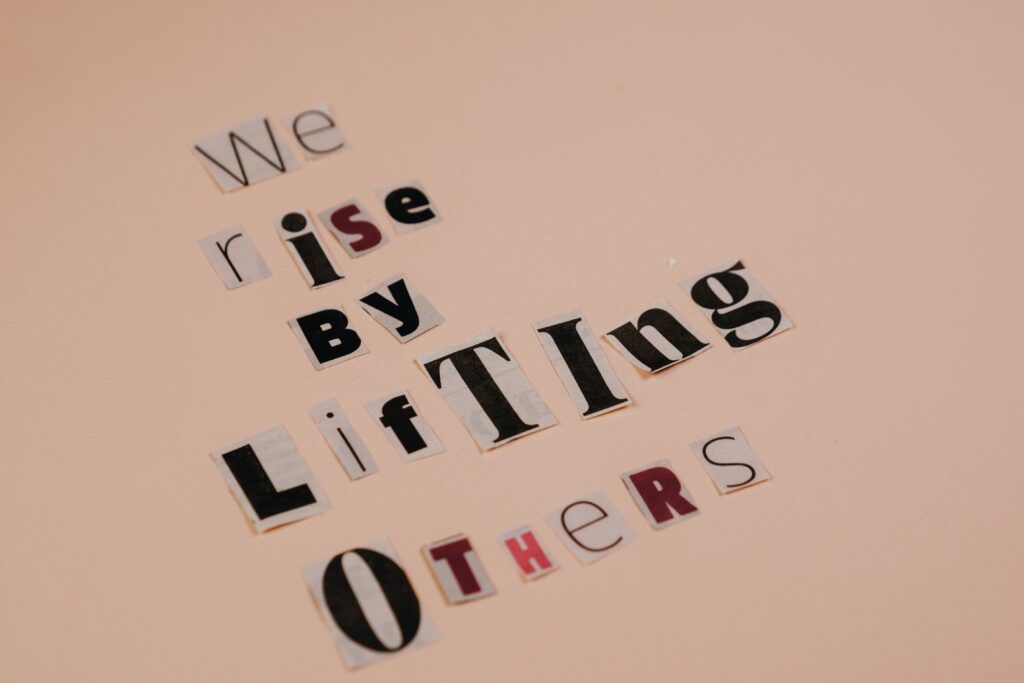Our human Brains are wired in a way that it gives weight to bad or negative experiences more than the positive ones, only one just one negative event can seize our minds which can actually affect our health, relationships and work. We humans have a tendency to attract negative stimuli more readily and to keep dwelling on the bad events. And that’s known as our negativity bias in which we tend to focus more on unpleasant events, bad memories, bad impressions and bad emotions.
Here are some examples where we get to see our negativity bias.
- We tend to think back to insults rather than to praise.
- When we are alone and doing nothing, we are more likely to recall the events that made us angry or furious rather than recalling the events that made us feel happy.
- We recall negative experiences more than the positive ones.
- When something good and something bad takes place on the same day, we tend to respond more strongly to the bad rather than the good.
Studies have shown that across a wide range of psychological events, we tend to pay more attention to negative events than the positive ones and make decisions based on these negative events.
So how do we overcome the bad? The negative?
- Recognise your negative thoughts: The first step to overcome the negativity bias is to observe your thoughts rather than being swayed by them. Once we have learned to identify our negative thoughts, we can detach ourselves from them as they arise and as a result we become free from the impact that they might have had on us. So the problem is not that the negative thoughts are always present somewhere at the back of our mind. The problem comes when those negative thoughts get stuck to us and we actually start believing them.
- Practice mindfulness: Mindfulness helps you to manage your negative thoughts and extract you from the cycle of unhelpful thoughts. It builds our capacity to unhook from our negative thoughts instead of getting caught by them. Research has shown that people who practice mindfulness experience less negative thoughts as compared to people who don’t.
- Practice self-compassion: The most powerful skill to overcome negative thoughts is self-compassion which means being kind, warm, supportive and understanding towards ourselves in the hard times. When we learn to be kind to ourselves, we become more resilient towards stress and challenges. Self-compassion teaches you to take care of your own needs and do more things that nourish you, make you happy and feed your soul.
4. Let go of your thoughts: Instead of fighting with your negative thoughts, take a deep breath, acknowledge them and be ok with them. This skill is hard to master but once you learn it, you won’t ever need to fight with your thoughts again. For eg. you are worried that your parents are going to rebuke you because you lied to them. Instead of dwelling on what you did wrong, learn from your mistake and promise yourself that you won’t ever do it again. Focus on how you can improve rather than dwelling on your actions.
The problem with those consumed by negativity, stress, and worry is that they are trapped by the black cloud. Sunlight cannot enter their world.
JOEL AYLWORTH

